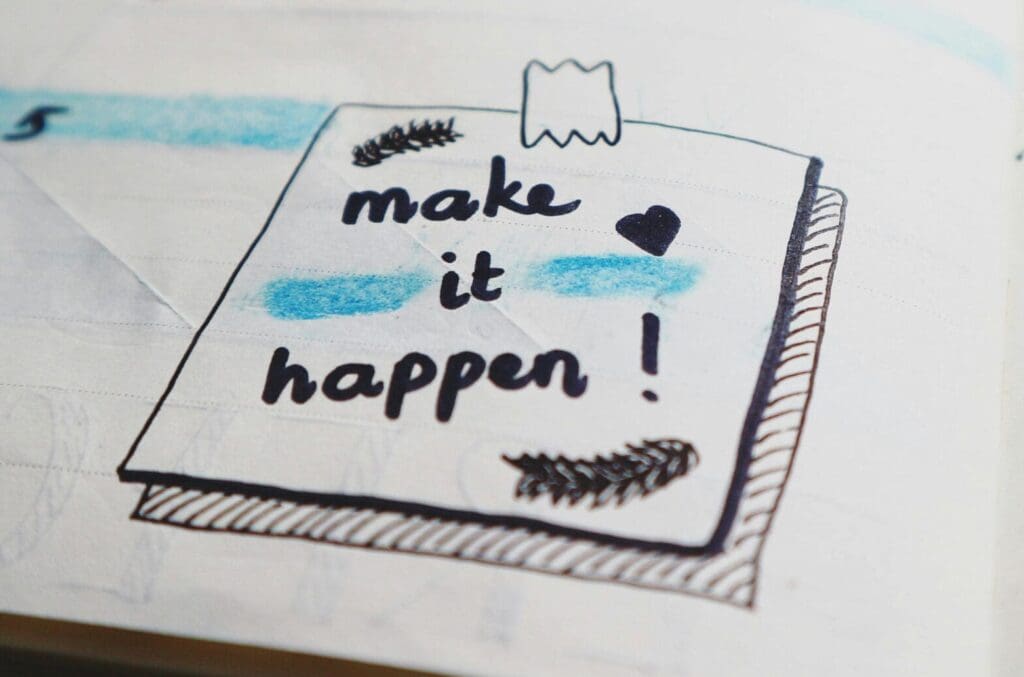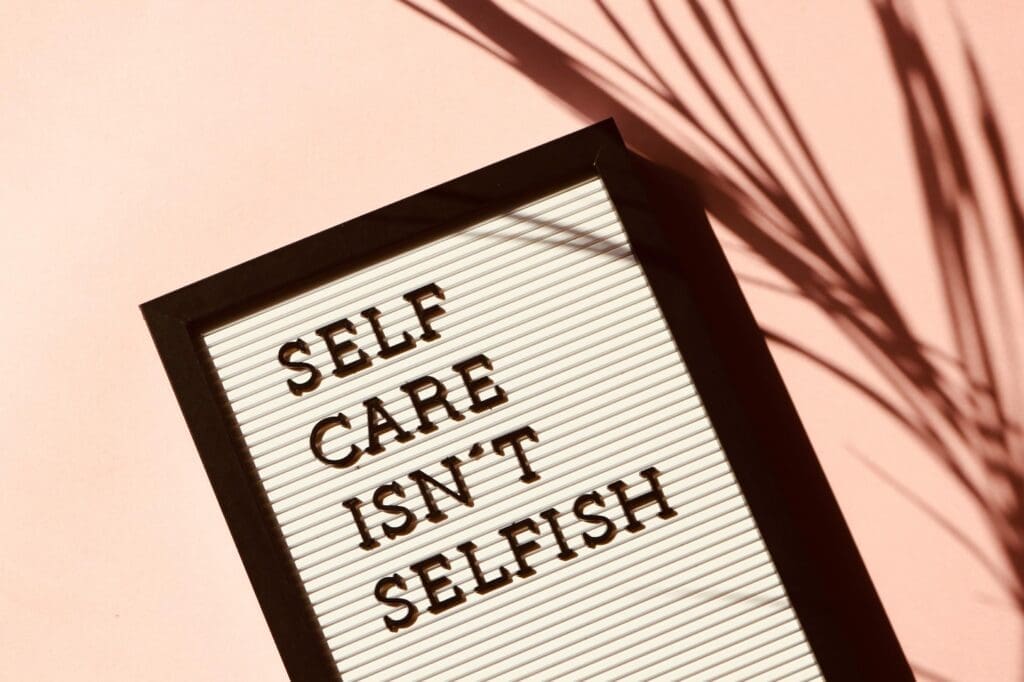Recovering from a toxic relationship requires understanding how emotional damage affects your self-perception, breaking negative thoughts patterns, and reclaiming your identity. By developing self-compassion, you can rebuild a healthy relationship with yourself. This foundation enables you to recognize healthy relationship patterns moving forward. It is important to remember that healing is a journey best taken with support, whether through therapy, support groups, or trusted connections.
****
Understanding the Impact of Toxic Relationships

When you have been in a toxic relationship, the effects do not simply disappear once the relationship ends. Toxic relationships can leave deep emotional scars that continue to impact how you view yourself and interact with others. These toxic dynamics often consist of systematically dismantling your sense of self-worth through criticism, manipulation, gaslighting, or control.
The first step toward healing is acknowledging what happened. A toxic relationship is not just “a bad match.” It is a pattern of behavior that damages your mental health and self-perception. Understanding this distinction helps remove self-blame and places responsibility appropriately.
How to Break Free from Negative Thought Patterns
After spending months or years hearing critical messages from a partner, those negative voices often become internalized. You might find yourself continuing the criticism your ex once voiced, becoming your own harshest judge.
In order to break free from negative thought patterns, start by noticing when you criticize yourself. Write down these thoughts and then ask yourself “Would I say this to someone I love?” If not, practice reframing the thought with the same compassion you would offer a friend.
Remember that these negative thought patterns did not develop overnight, and they won’t disappear immediately. Healing is a process that requires consistent, gentle effort.
How to Reclaim Your Identity

Many who exit toxic relationships report feeling disconnected from themselves. You may have abandoned hobbies, distanced yourself from friends, or changed fundamental aspects of your personality to please your partner or avoid conflict.
Reclaiming your identity begins with small steps:
- Make a list of activities you enjoyed before or during the relationship that brought you joy.
- Reconnect with one old friend who knew you before the relationship.
- Try something new that your ex-partner discouraged or would not have approved of.
- Practice making decisions based solely on your preferences, no matter how small.
How to Develop Self-Compassion
Perhaps the most crucial element in building self-love is cultivating self-compassion. Research shows that self-compassion is more beneficial to mental health than self-esteem because it does not depend on external validation or achievement.
Self-compassion has three components:
- Self-Kindness: Speaking to yourself with the same warmth and understanding you would offer a friend.
- Common Humanity: Recognizing that suffering and personal inadequacy are part of the shared human experience.
- Mindfulness: Observing negative thoughts and feelings without suppressing or exaggerating them.
Finding Support During Healing

Rebuilding self-love after a toxic relationship does not have to be a solitary journey. In fact, healing often accelerates with proper support.
Steps to Consider:
- Working with a therapist who specialized in relationship trauma.
- Joining a support group of others with similar experiences.
- Reconnecting with supportive friends and family.
- Reading books and resources about healing from toxic relationships.
Specialized trauma-informed support creates profound healing opportunities for survivors of toxic relationships. Through consistency and compassionate guidance, you will rediscover your inherent worth and cultivate a life rich with authentic connections.




